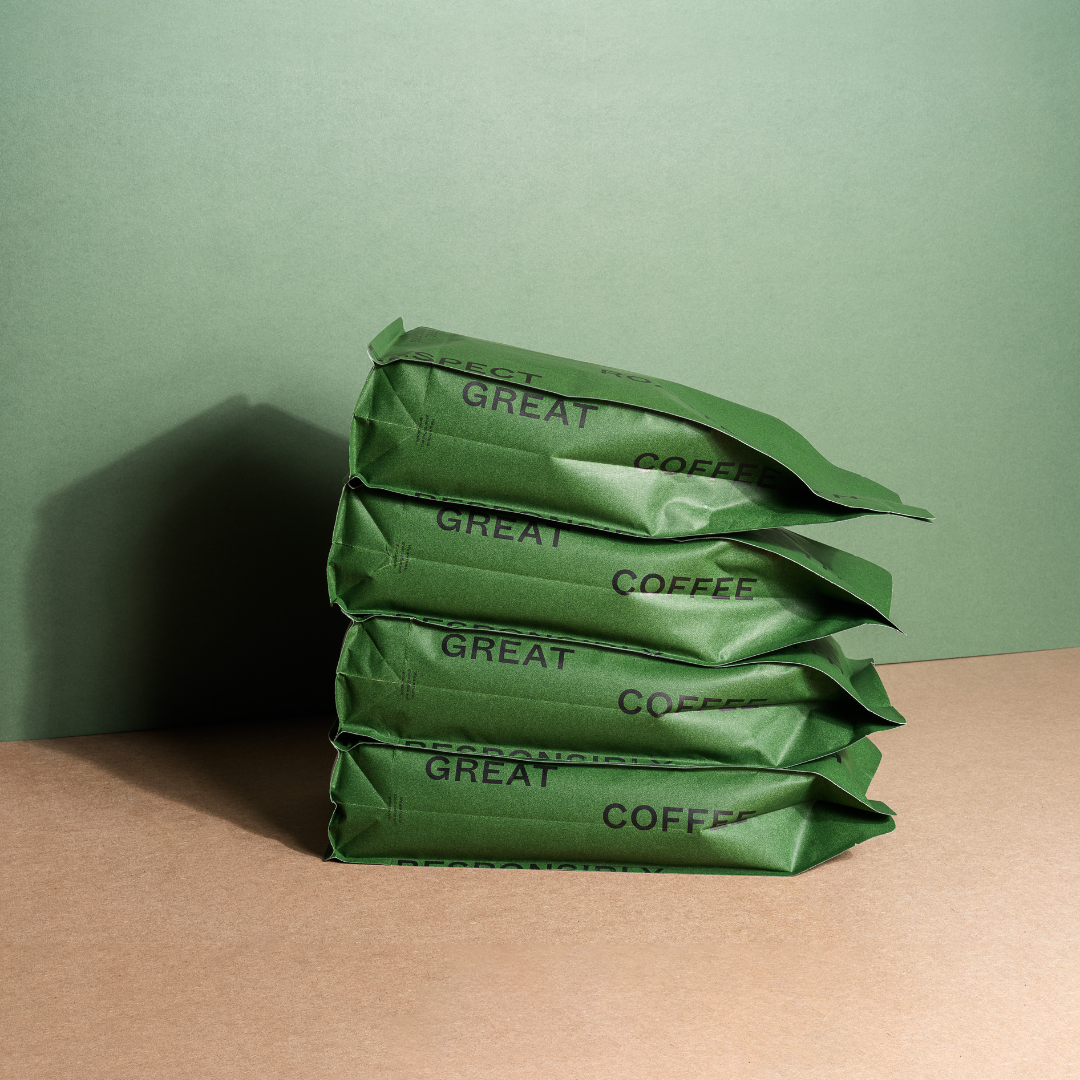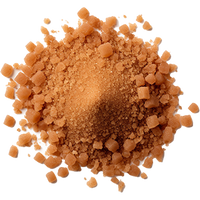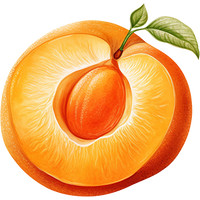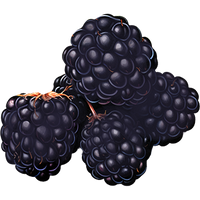Your cart is empty
Single Origin
Ton Nam, Thailand

This coffee comes from a farm on Doi Pangkhon mountain in an area known as "Ton Nam," meaning "headwater." It’s one of the highest elevation farms in the region, run by 38-year-old Inthirit “Kon Pangkhon” Wuiyaku, the village head of Doi Pangkhon. Inthirit is dedicated to organic farming, which often leads to lower yields but results in higher-quality coffee. His practices nurture the soil and trees without chemical intervention, allowing the cherries to develop qualities characteristic of the land. Our friends and exporters at Beanspire have had a longstanding partnership with Inthirit for over a decade, ever since they first started working with producers in Doi Pangkhon.
On Inthirit’s farm, you’ll find a diverse range of varieties, including Catuai, Typica, Chiang Mai, and SJ133. SJ133 is genetically identical to Costa Rica 95, while Chiang Mai is a local hybrid, a cross between SL28, Caturra, and Hibrido de Timor, selected for their resilience and quality.
Initially, Beanspire worked closely with each producer, guiding them through their wet processing and purchasing their parchment coffee ahead of milling and grading at their dry mill. During the 2017 to 2018 harvest year, Beanspire took a significant step by investing in a wet mill in Doi Pangkhon. Since then, they worked closely with the local community to enhance the mill season after season.
These improvements have included modernizing the pulping machines, adding a roof and concrete floor, building an onsite cupping lab for producers, and refining workflows and processes. This lot is processed using a Kenya-style washed method, renowned for producing clean, crisp, and balanced coffees.


After harvesting, the cherries are pulped to remove the outer fruit layer. The beans undergo a double fermentation process, starting with a dry stage, where they ferment in a tank without water. This initial step allows natural enzymes to break down the mucilage. Next, the beans enter the wet fermentation stage, where they are submerged in water, followed by a soaking stage that gives this processing its signature clarity-centric flavour profile. After fermentation, the beans are rinsed clean and transferred to bamboo raised beds, where they dry for at least 14 days before finishing in the lowlands.
Over the years, Doi Pangkhon has flourished into a vibrant hub of coffee cultivation, led by the dedicated Akha people. Today, Doi Pangkhon coffee is roasted and enjoyed by coffee communities from all over. For us, tasting Inthirit’s organic coffee inspires excitement for the potential that regions like Doi Pangkhon hold.








